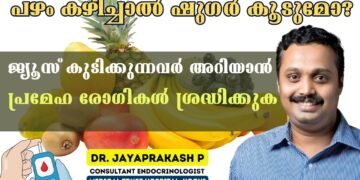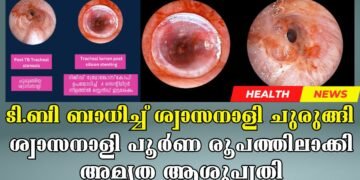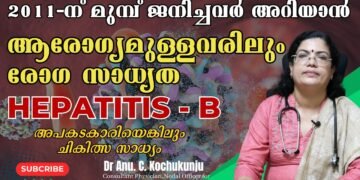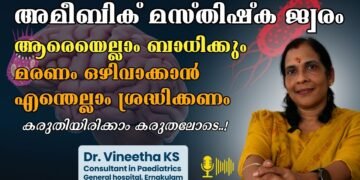Breastfeeding is the natural process of feeding an infant with breast milk produced by the mother’s mammary glands. It is considered the most optimal source of nutrition for newborns and young infants due to the numerous benefits it provides for both the baby and the mother. Here are some key points about breastfeeding:
- Nutritional Benefits: Breast milk contains the ideal combination of nutrients, vitamins, and antibodies that support a baby’s growth and development. It is easily digestible and tailored to the baby’s needs, changing its composition to meet the baby’s requirements as they grow.
- Health Benefits for Babies:
- Immune System Boost: Breast milk contains antibodies and other immune factors that help protect babies from infections and diseases, reducing their risk of illnesses.
- Reduced Allergies: Breastfeeding has been associated with a lower risk of allergies and asthma in infants.
- Brain Development: The fatty acids in breast milk are essential for brain development and cognitive function.
- Health Benefits for Mothers:
- Postpartum Recovery: Breastfeeding triggers the release of hormones that help the mother’s uterus contract, aiding in postpartum recovery and reducing bleeding.
- Weight Loss: Breastfeeding can help mothers lose weight gained during pregnancy as it burns extra calories.
- Reduced Risk of Diseases: Breastfeeding is linked to a lower risk of certain diseases for mothers, such as breast and ovarian cancer and type 2 diabetes.
- Bonding: Breastfeeding fosters a close emotional bond between the mother and the baby, as it involves skin-to-skin contact and interaction during feeding.
- Convenience: Breast milk is always available and ready for the baby, eliminating the need for preparation or sterilization.
































Discussion about this post